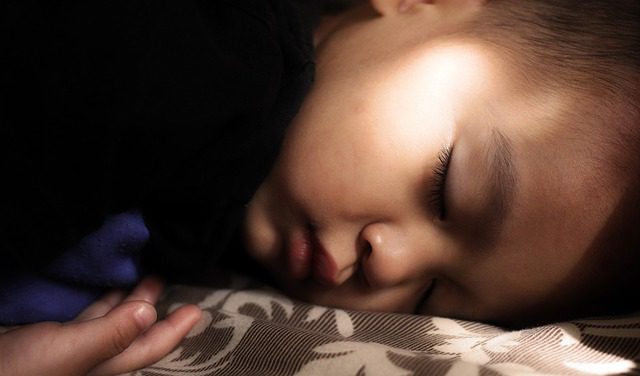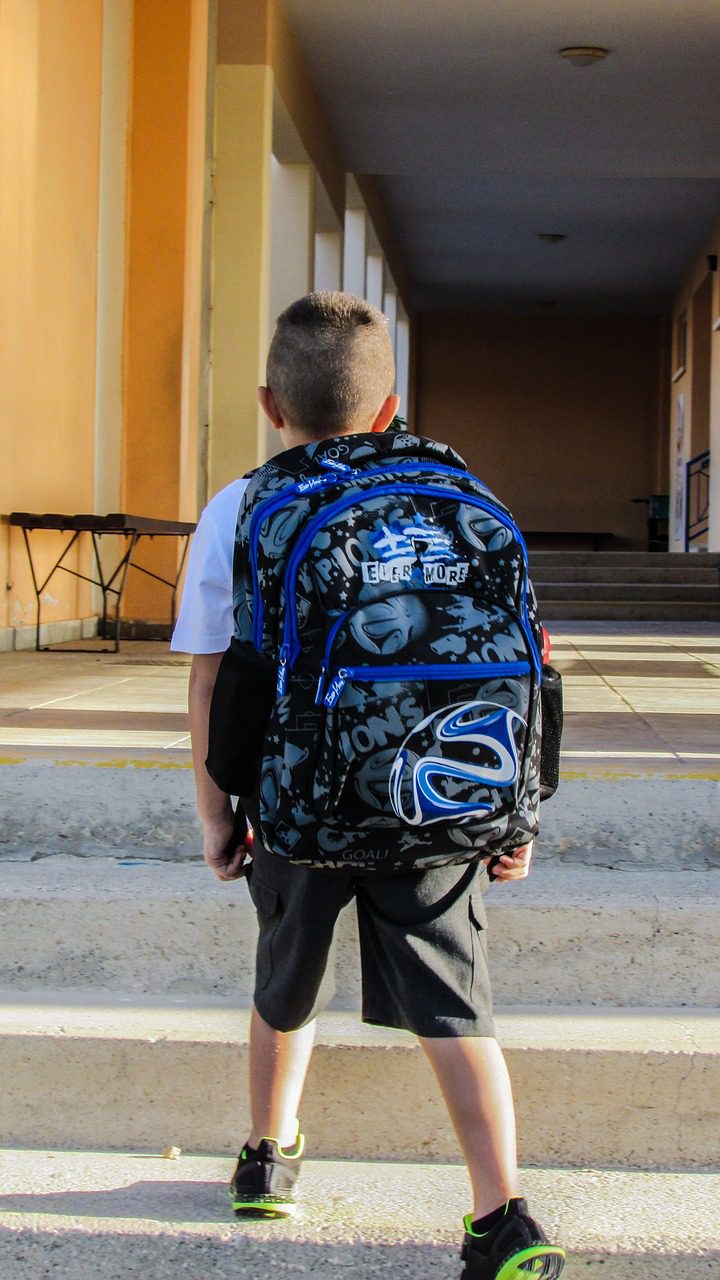

By Marcus Goh and Adrian Kuek
No matter what level you are (even for adults!), the night before an examination is a stressful but important one. What you do the night before will directly impact your examination performance the next day, because it will affect what sort of physical and mental condition you are in.
So for students of all ages, here are some dos and don’ts for the night before any exam.

Do’s
1. Sleep early
Sleep early so that you get sufficient rest before the test itself. Even though you’ll most probably be sitting down to take the exam, it’s mentally taxing since you have to be completely focused for the duration of the paper. You’ll want to take on this paper while you’re at your peak, rather than without rest.
Depending on a student’s age and needs, sufficient sleep can range from 9 to 11 hours. However, a nervous student might take a while to fall asleep, so factor that in when it comes to bedtime the night before an exam.
2. Pack your bag
This doesn’t just apply to schoolchildren — even adult students can benefit from this. There are several things you need to make sure you have packed:
- extra stationery (just in case accidents happen to your writing materials)
- extra batteries or calculators (if applicable)
- your identification cards (NRIC or concession card), even if it isn’t required — this is in the event that you need to verify your identity
- your entry proof or exam registration documents (if applicable)
Having packed all these essentials means that a student does not have to scramble to look for it the next day. This also means that a student has considered what sort of materials will be required for an examination (for example, 2B pencils for optical answer sheets or calculators for higher level mathematical questions), and will have prepared accordingly.
3. Check the timing and location of your exam
Most schools would have provided an examination schedule, so students should check it the night before so that they know where and when your exam will be held. This will give them additional assurance and prevent unexpected surprises the day next day.
4. Relax
It’s difficult to do, but engage in some sort of relaxing activity the night before. This will ensure that you have a more restful sleep, and also prepare you mentally and emotionally for the exam the next day.
Unless prescribed by a doctor, students should not attempt to use ingestible/inhalable relaxants.

Don’ts
1. Cram new information
By the night of the exam, students should have revised their material several times. Trying to memorise new information or facts may be detrimental since it will create additional stress and might end up affecting a student’s physical and mental states.
If required, a student can do some light revision of material already covered. This is more for assurance than for academic purposes, and it may calm the nerves for certain students.
2. Eat oily/spicy foods
Students should also strive to eat earlier, so that the digestion process does not eat into their sleeping time. They should also avoid eating oily or spicy foods to prevent possible stomach upsets in the middle of the night. Remember that this precaution is to ensure that students are as well rested as possible.

Remember that you’ve done all the preparation you possibly can, and all the best for your tests!
This article was written for and first published on Yahoo Singapore’s Grade Expectations.
Grade Expectations is a weekly feature on education in Singapore. Expect fun activities, useful tips and insightful news on learning. It’s not just about your child’s grades — it’s about raising a great child!
Adrian Kuek runs Joyous Learning, an enrichment centre that specialises in English, Mathematics, Science and Creative Writing for Primary. He previously served as the academic director of one of Singapore’s largest enrichment centre chains for over seven years.
Marcus Goh runs Write-Handed, a creative writing studio. At the same time, he teaches English at The Write Connection. He has been a specialist tutor for English and Literature (Secondary) since 2005.
If you liked the article, follow me on Facebook and Instagram for more updates!
To get in touch with me, send an email!
Leave a Reply